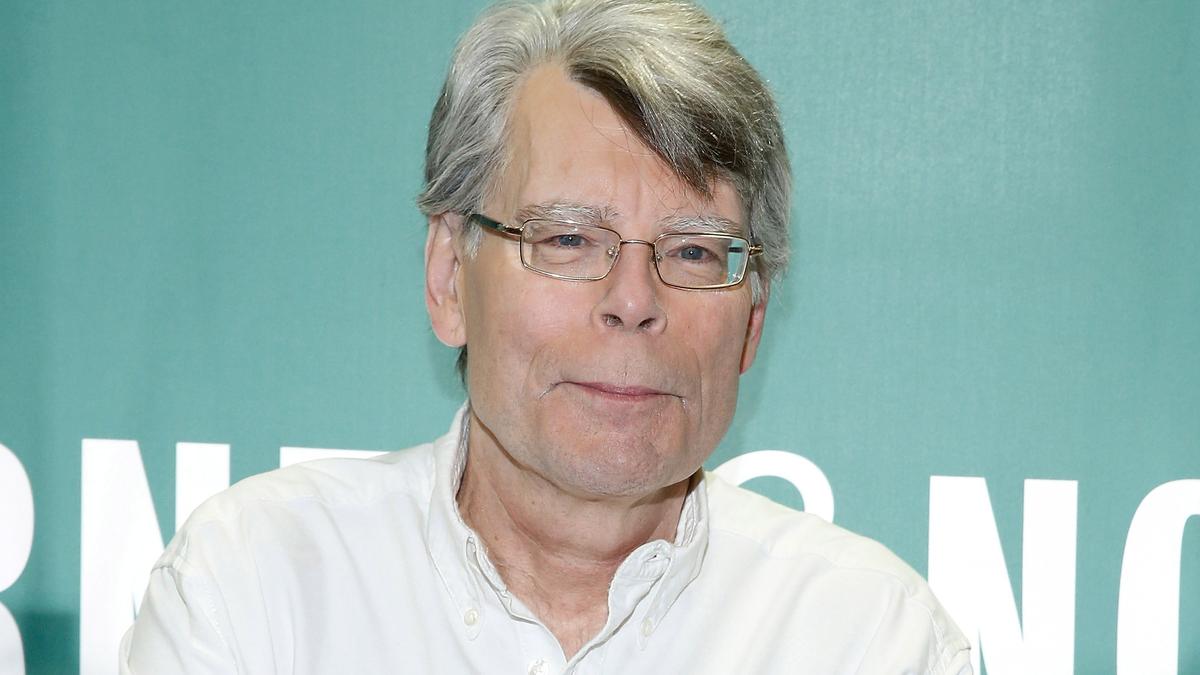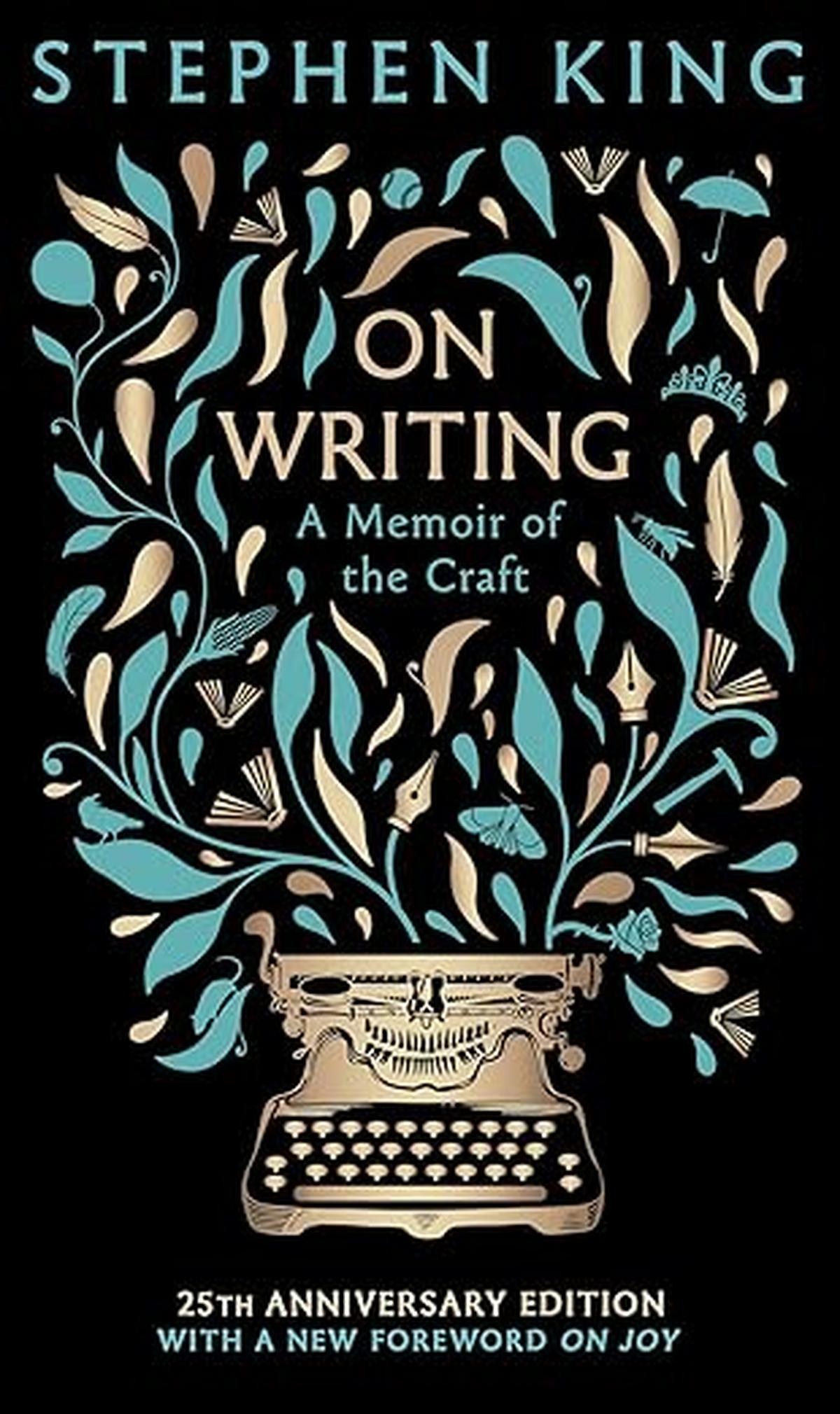One of my weekend rituals is to visit independent bookstores in search of titles, most times for their content, and many times for their beauty. On one such jaunt, I stumbled upon the 25th anniversary hardcover edition of Stephen King’s On Writing: A Memoir of the Craft (Scribner, 2025). The book stood out immediately, not just for its reputation — it has sold more than a million copies and is also a most sought-after writing guide — but for the elegance of its design. The title and author’s name, etched in a striking turquoise blue and desert titanium against a muted black background, made it as much a collector’s item as a book to be read. I had last read it about a decade ago, but decided to pick it up again, this time for its attractive build.
Though I come from a world far removed from fiction — teaching and researching entrepreneurship and family business — I rediscovered the joy of writing by re-reading. The book, a blend of memoir and manual, has become a classic for good reason. And this special anniversary edition adds a short yet resonant foreword titled On Joy, where King distils the emotional core of the writing life: joy. The joy of creation. The joy of connection. The joy of bringing a reader into a world you’ve made. As someone who spends considerable time crafting academic articles, often behind closed doors and for niche audiences, this notion struck a chord. There is a reminder here that writing — even technical or non-fictional should, at its best, be an act of joy, not mere obligation.
Busting myths
The content of this edition remains largely faithful to the original, and that’s no flaw. The strength of On Writing lies in its balance of personal narrative and practical guidance. King charts his own trajectory — from struggling schoolteacher and part-time janitor to bestselling author — not with romanticism, but with candour and clarity. He demystifies the writing process without diluting its difficulty. He doesn’t promise a magic pill to fame or fortune; what he offers instead is a toolbox and the encouragement to build something meaningful with it.
One of the myths King decisively dismantles is the notion of inspiration. For him, writing is not an act of waiting for the muse but one of daily discipline. His recommendation to write at least 1,000 words a day is not a motivational quote — it’s a non-negotiable routine. He treats writing like a job, and in doing so, liberates it from the tyranny of perfectionism. This ethos will resonate with anyone who has tried to start a business, launch a product, or conduct original research. Success rarely comes from waiting for the “perfect” moment and progress lies in showing up every day.
Another useful myth-busting insight is King’s view on vocabulary and style. Contrary to the belief that great writers need grandiose language, King insists on clarity over complexity. He reminds us that vocabulary should be natural — neither dumbed down nor dressed up. In the academic world, where verbosity can sometimes masquerade as profundity, this advice is refreshingly blunt. He draws heavily on The Elements of Style by E.B. White and William Strunk Jr., a text he champions for its enduring wisdom. Their mantra, “omit needless words,” finds an echo in King’s own prose, which is lean, direct, and conversational.
King also challenges the idea that plotting is essential. For him, character trumps plot. “Stories are found things,” he says, comparing the writer to an archaeologist uncovering a fossil. This is a particularly interesting take for someone in my field. But for those who wish to write fiction, there is a lot more on offer.
The toolbox
The most valuable section for any writer — fiction or non-fiction — is what King calls the “toolbox.” In it, he urges writers to sharpen their tools: vocabulary, grammar, sentence structure, and style. He warns against the passive voice (“the timid voice of fear”) and the overuse of adverbs (those pesky “-ly” words that clutter otherwise good prose). While these may sound like stylistic quibbles, they reflect deeper lessons about clarity, intentionality, and empathy.
But above all, King removes the myth that writing must be a solitary, painful grind. His anecdotes, humour, and humility reveal a man who genuinely enjoys his craft — and invites others to do the same. Writing, like entrepreneurship or academic research, is a long term game. It can be lonely and frustrating. But if one can approach it with curiosity, routine, and joy, then writing becomes a pursuit worth engaging in.
As an academic whose writing life is usually governed by citation formats and peer review deadlines, I found On Writing liberating. I may not be writing horror novels, but I am still trying to tell stories — about entrepreneurs and family businesses — and those stories can benefit from the clarity, discipline, and joy King champions.
In the end, On Writing is not just a book for writers. It’s a book for anyone who wants to do hard things well. Whether you’re writing the next great novel, drafting a dissertation, or preparing an academic article, King’s advice applies: show up every day, write, re-write, and remember to enjoy the process.
The writer is a Professor of Strategy & Entrepreneurship at Great Lakes Institute of Management, Chennai.
Published – October 24, 2025 04:36 pm IST

